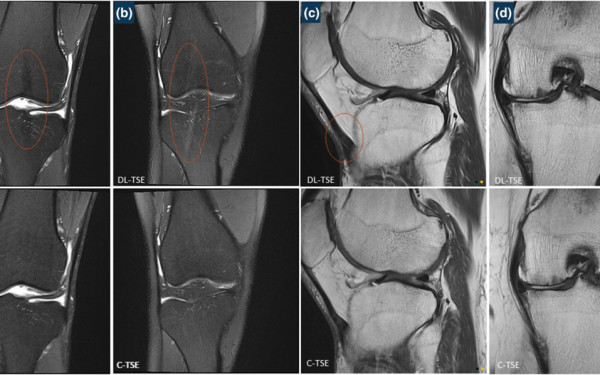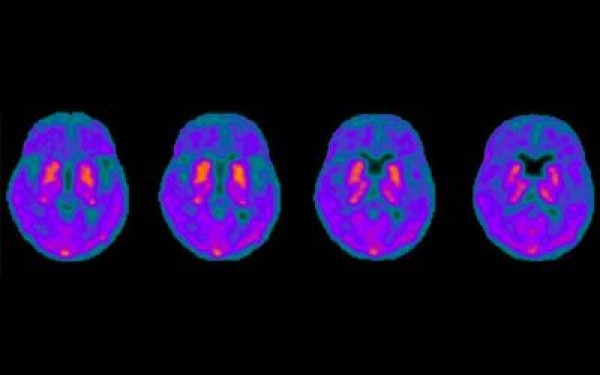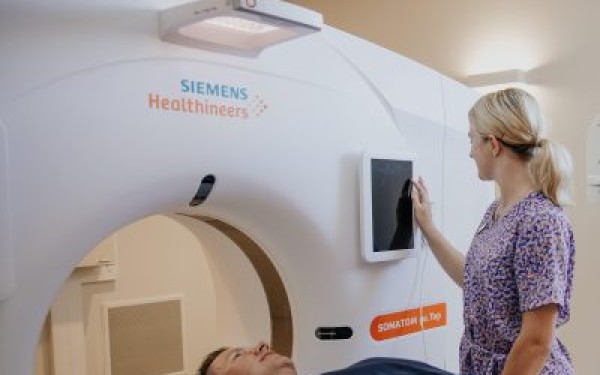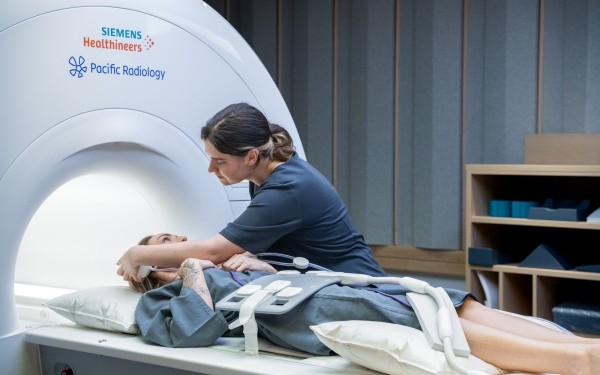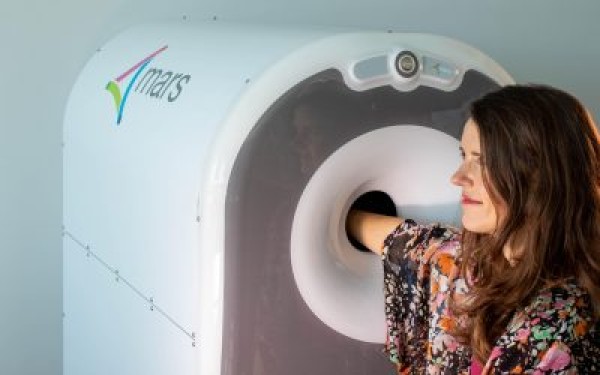In New Zealand, nearly 1000 women are affected by gynaecological cancer each year. Over the years, research about gynaecological cancer has been increasing and the role of Clinical Research Nurse has been integral to the discovery of a number of treatments, diagnoses, studies or trials.
To help enable further research studies in this field, Pacific Radiology and the GRACI Foundation have teamed up to improve outcomes for women with gynaecological cancer by supporting the introduction of a dedicated Clinical Research Nurse for current studies underway in Canterbury. Increasingly, the role of a Clinical Research Nurse has been recognised as extremely valuable in both progressing research trials and supporting patients through their health care journey.
Rebecca Bell, recently appointed to the new role as a Pacific Radiology-GRACI Foundation UOC Clinical Research Nurse, is excited to have the opportunity to support a number of clinical research studies underway at the Obstetrics and Gynaecology Department, University of Otago-Christchurch. She says :
"There are some very exciting research projects about to begin and because the Team is led by passionate Gynae-oncologists striving to effect change with diagnosis, and the delivery of safe appropriate care and treatment, I feel very privileged to able to help support trial participants in a meaningful way."
In working alongside a highly skilled and passionate multi-disciplinary research team, Rebecca’s role as a Clinical Research Nurse is to primarily focus on the care of the research participant to support them through the entire journey, in a research-practice environment. In doing so, Rebecca is involved in coordinating many aspects of the research trial so is well equipped to explain what will be involved in the study to potential participants and their families, in addition to accessing participant eligibility and monitoring patient participant care during and after the trial phases. Rebecca Bell says:
"Being open and transparent about their process means a lot and it’s really important that our patients understand what’s involved for them. As the Research Nurse I can spend the time with patients and their whanau, providing further opportunities to explain, clarify and discuss the study requirements to assist them with making fully informed decisions, without coercion."
Rebecca notes that a recent clinical trial aimed to see if there is an improvement for the patient in the time needed to recover after surgery by introducing 2 different interventions around the time of surgery, such a carbo-loaded drink and/or a pain medication. Another ongoing study is testing to see whether high doses of Vitamin C could produce positive changes in tumour biology particularly relevant to endometrial cancer.
The GRACI Foundation is a Charitable Trust, established in July 2010 to improve outcomes for women suffering from gynaecological cancer by supporting New Zealand based research into this area. Dr Bryony Simcock, Consultant Gynae-Oncologist at Christchurch Women’s Hospital, a recognised research leader in gynae-oncology and Board Member of the GRACI foundation notes that New Zealand’s population and health services are not identical to those in other countries. She believes it is important to support and encourage research that aims to expand on international research studies in the light of local information, as well as initiatives that raise awareness for the treatment and management of gynaecological cancer and its symptoms. She says
"It is important that gynaecological cancers are not ignored and we allow young promising researchers to develop an interest in the field."
Dr Simcock is delighted by the collaboration with Pacific Radiology which enables valuable research to continue with the support of an independent Pacific Radiology-GRACI Clinical Research Nurse.
"Raising awareness is a very important part of the process both for our wahine of NZ and also for the health professionals who care for them so that we can recognise concerning symptoms and manage them appropriately. Research never stops and we’re so grateful for the support in placing Rebecca in this essential Clinical Research Nurse role."

